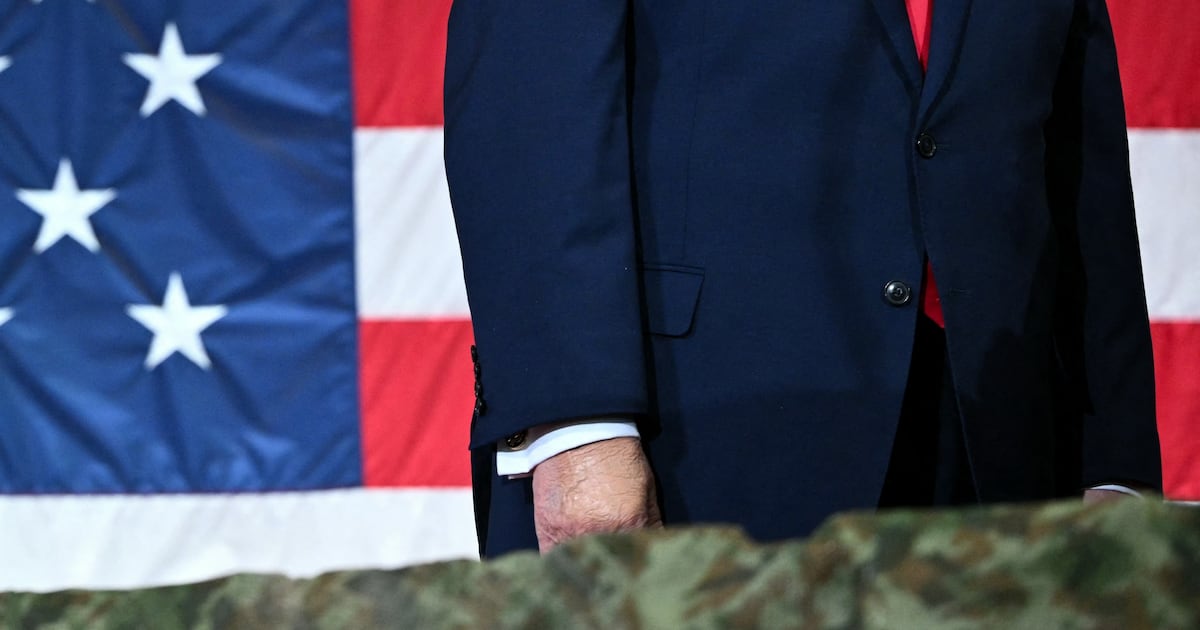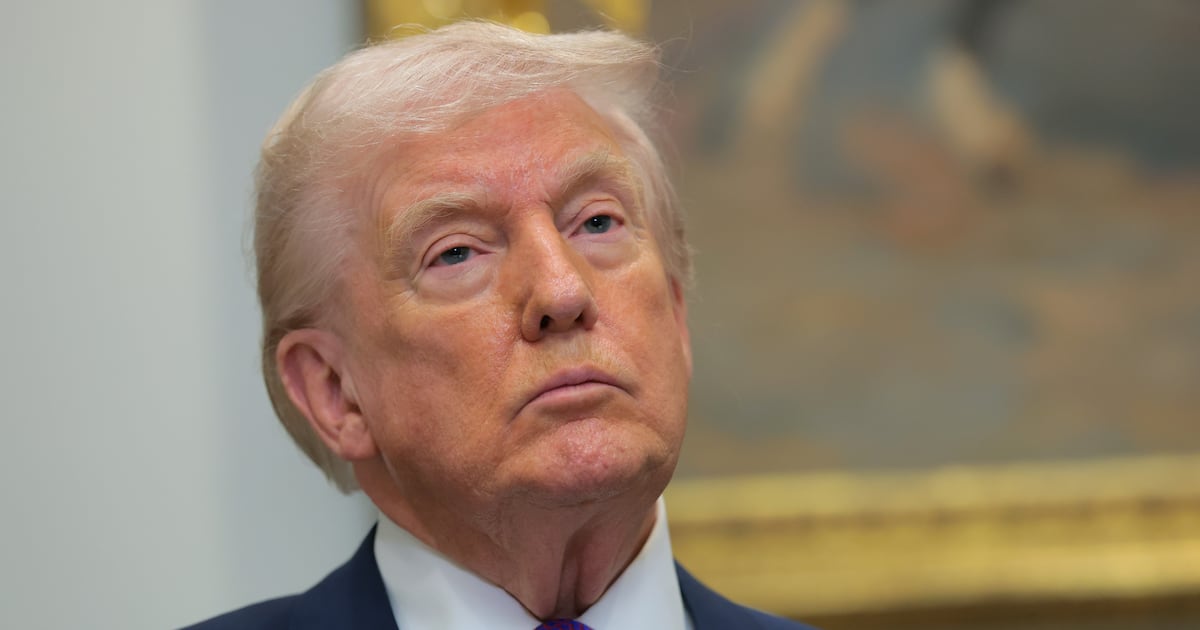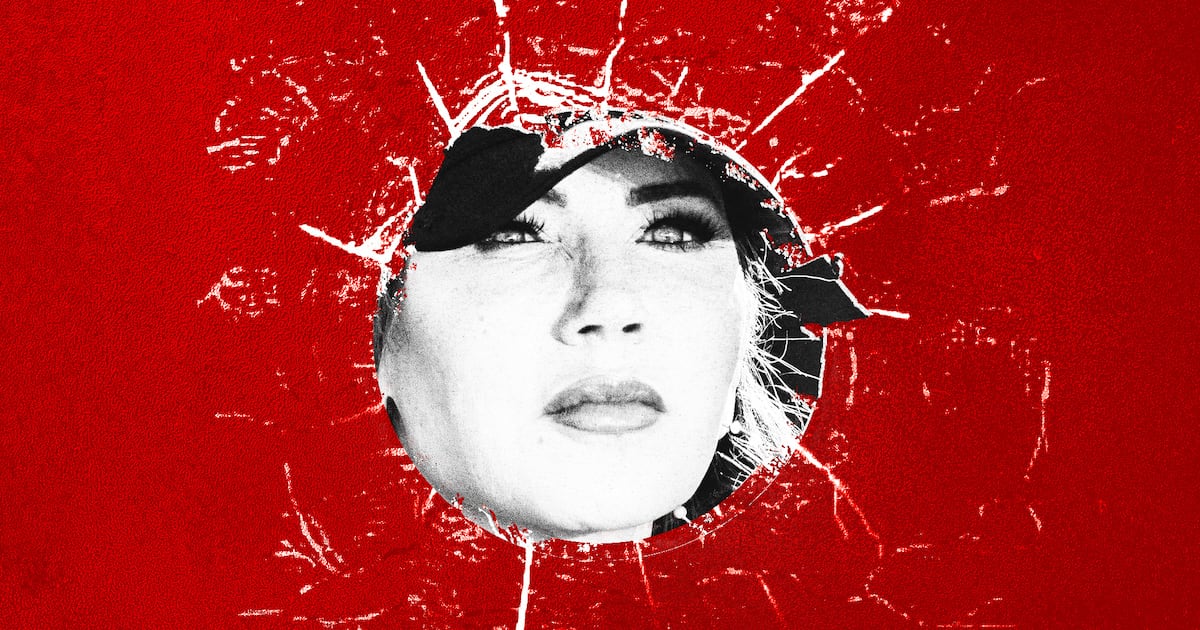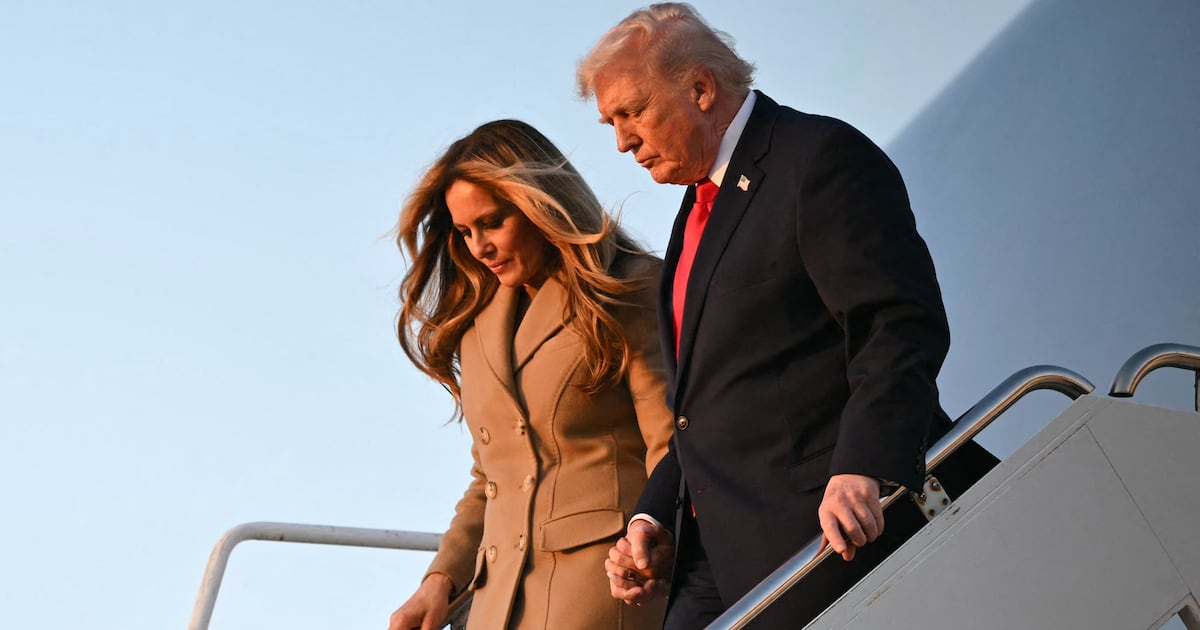Author James Patterson is calling out President Obama with a video of burning books.
The best-selling author has released the video of individuals, including children, burning books to draw attention to what he believes is a lack of emphasis in the U.S. on reading.
Patterson hopes this provocative video will draw attention to a White House petition asking the president to pledge that once a month, he will go into a library, bookstore, or appear in public with a book in his hands. If it hits its goal of 100,000 signatures, the White House will respond.
In a Q&A with The Daily Beast, Patterson talks about why the pledge is so important to him, about his own journey as a reader, and about why television will never replace a good book.
The Daily Beast: What triggered you to take up this initiative?
Patterson: This has been going on for me for a while. I think what I’m trying to do, not to be too punny, is to light a fire. There’s a lot of apathy about books out there. I want people to look at this thing and go, “Ouch, that’s hot. Ok, I’m awake! I get it. We do need bookstores. We do need libraries. We do need our kids to read more.”
You know, with the recent thing with Amazon, a couple of us got out front and lit up the writers a bit, and it probably helped to resolve the situation with Hachette. I’d like to light up The Daily Beast to write more about books. I want to take it to Hollywood. In every movie I see somebody smoking, I never see anybody reading books. Wake up!
What made you pick burning books?
It just hit me—maybe it was Fahrenheit 451. It just occurred to me that that’s a good symbol, it’s something that people are going to notice and hopefully have a thought. I got a letter the other day, from the head of Hachette Publishing, and he said something to effect that he comes from a country where books are considered more a piece of culture than a consumer good. I think that as a country, we need to look at books as part of our culture rather than consumer goods as well.
What do you think are some of the consequences for the American public of people reading less?
I think there are a couple things. People that are particularly bright, if they are not reading, they are not stretching, they are not opening their minds to other ways of looking at things. Unfortunately we seem to be devolving into a country where everything seems to be black and white, and oversimplified. I think the more you read the more you realize that a lot of things are very complex, and that we shouldn’t be doing these kind of knee-jerk reactions to things. I think reading helps to sharpen our minds in that respect.
Probably more important are a lot of these kids from six years old to 18 or so, who are at risk. If they don’t become competent readers by middle school, how are they going to get through high school? How do they get jobs? So they just become a big drag on everybody, on the local community, who wind up having to take care of these people—and one of the reasons is that they can’t read.
Were you always a big reader?
No, although I was a good student. Then I worked my way through college at a mental hospital in Belmont, Massachusetts. I worked a lot of 11-7 shifts, and so had to stay awake, although most of the nights other people slept. Some nights it got a little wilder than that. So I started going into Cambridge two or three times a week and I would just buy all these books. It was all serious stuff, I wasn’t buying junk like I write. I found that I was tremendously stimulated. I really turned on in particular to James Joyce, Gabriel Garcia Marquez, and Günter Grass. It just woke me up a lot. I’d grown up in a small town that was pretty provincial in upstate New York. It just showed me there was a much wider world, and a lot of ways to look at things. So, I just started scribbling, and I loved it. Nobody, even going back to my high school, thought I would be a writer. They all thought I would be a lawyer or doctor.
Part of this drive is you petitioning the White House and President Obama—what can he do?
It’s more noise. It’s, ‘Let’s try to get some prominent politicians involved’. More than anything else I’d love getting them to stand up in Congress and say they’re concerned about reading in this country. I’d love every Congress member in the country to say that and then it breaks as a news story. I’d love it if the President and First Lady would make a point of carrying a book around one day a month, that would be great. The Kipps Schools in Washington, one of the things they make their kids do is carry a book around all day.
Some have argued that in some ways television are comparable or have replaced the novel for the American public—what are your thoughts on that?
I don’t think they are comparable, but they may have replaced them. But people are missing something by not watching good television and also reading. Clearly, there’s so many more subjects that are covered in books. Probably nobody’s going to put The Forever War on ABC. I do feel that television and movies to some extent—which are even more dangerous—have replaced books in terms of where people go. I would just like to see more of a mix, because they both have virtues. The virtue of books is really that there is more breadth. This whole thing about a black-and-white culture of knee-jerk reactions is reinforced by television.
Are there any books you’ve read this year that you would recommend to people who are trying to get back into reading?
That question always stops me. I never can do this, I need to carry a card around. I’m actually reading the new Stephen King, which is ironic, he’ll get a kick out of that. In the kids’ area, The Book Thief is spectacular. It’s a little tough, but that’s a great book, period, forget about just for kids. The Invention of Hugo Cabret is also pretty spectacular.






